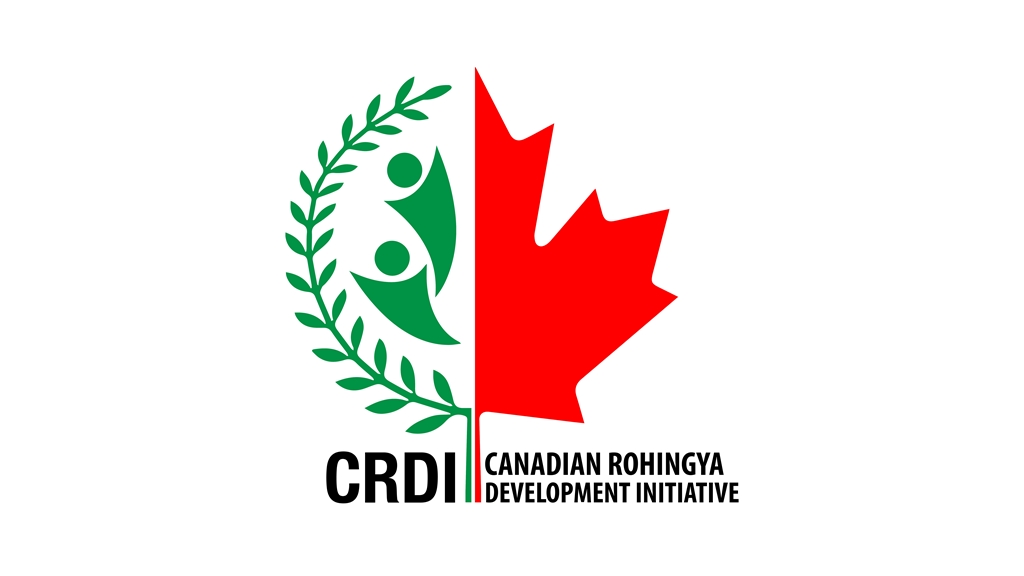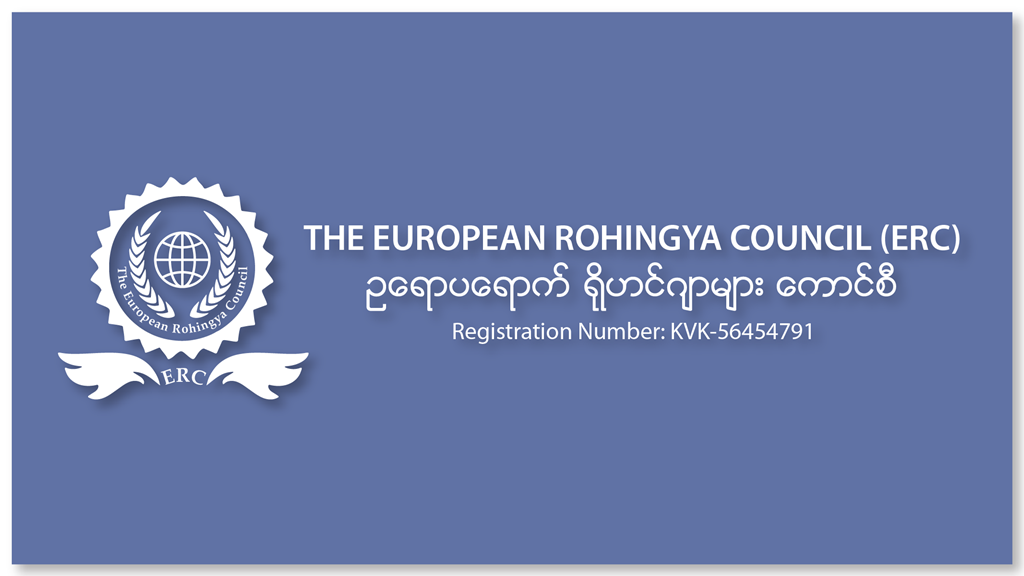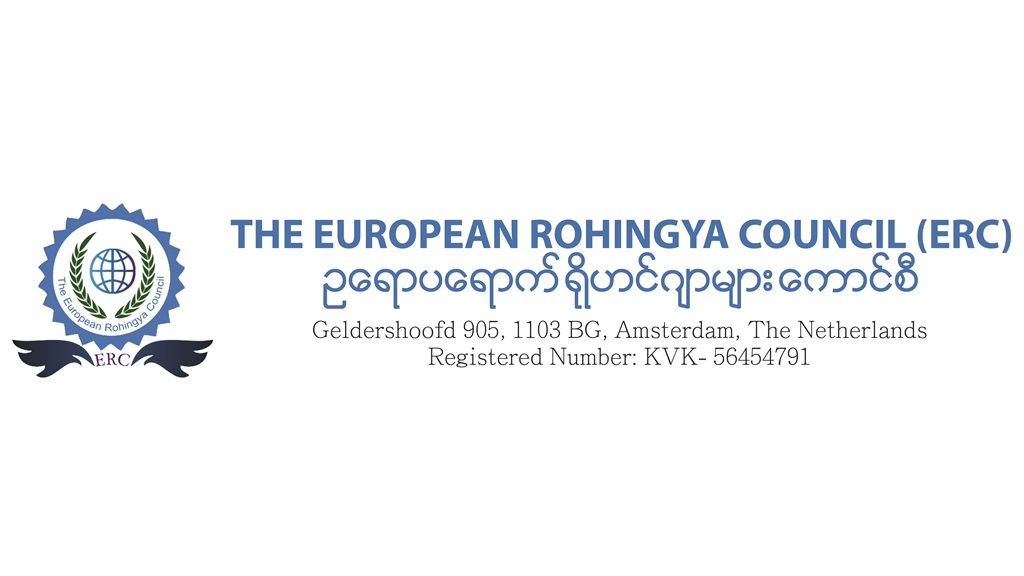
CRDI is Shocked and Appalled by the Leaked ASEAN Report on the Repatriation Plan of Rohingyas Back to Rakhine State
- 14/06/2019
- 0
CRDI is Shocked and Appalled by the Leaked ASEAN Report on the Repatriation Plan of Rohingyas Back to Rakhine State
(Toronto, Canada, June 14, 2019) — ASEAN cannot be trusted with Rohingya repatriation. Repatriation at this moment is refoulement.
ASEAN is not putting the views and wishes of the Rohingya community in Bangladesh and the larger diaspora at the forefront of decision-making, but rather, are definitively prioritizing the geopolitical considerations of Myanmar and Bangladesh over those who have suffered genocide.
1) The report uses the term ‘Muslim’ rather than Rohingya
Rohingya have been resolute and vocal that they be able to self-identify and use name they prefer for their ethnicity and community. The lack of acknowledgement of the term “Rohingya” in the report signals disrespect, and alliance with the Myanmar state’s stance on Rohingya identity.
2) There is an ongoing fighting between Arakan Army and Myanmar military Rakhine State is in conflict.
As the ASEAN team has only conducted a preliminary feasibility assessment at certain locations and with evidence and testimony from a handful of people, safety for Rohingya people is far from guaranteed. In the report, ASEAN and Myanmar agreed that a comprehensive feasibility assessment is further required. However, they continued to state that the assessment would occur following the repatriation of some people. People cannot “test” out repatriation. Safety must be guaranteed prior to departure.
3) The ASEAN Report sanitizes genocide and makes repatriation into a matter of logistics.
The ASEAN report states, “It is evident that efforts have been made by the Government of Myanmar to facilitate a smooth repatriation process.” The exodus of Rohingya people into Bangladesh happened less than two years ago. The 2018 Independent International Fact-Finding Mission on Myanmar’s (IIFFMM) Report concluded that Myanmar’s commander-in-chief, Senior General Min Aung Hlaing, and his top military leaders should be investigated and prosecuted for genocide, crimes against humanity, and war crimes.
The sanitizing and whitewashing of the genocide in ASEAN report is troubling because it calls into question the competency of those who conducted the feasibility assessment.
It remains unclear what “relocation sites” refer to. As was mentioned in the news in 2017, The Minister for Social Development, Relief and Resettlement Win Myat Aye had stated that, “according to the law, burnt land becomes government-managed land.” Even though the report outlines that, “Returnees are given three options with regard to their permanent relocation: a) if their original houses are still habitable, they can return immediately, b) returnees can move to relocation sites provided by the government if the houses are already rebuilt, and c) returnees can participate in cash for work programme to rebuild their houses in identified areas.” As a majority of Rohingya land and villages were torched, an urgent question remains about what they will actually be returning to.
Additionally, the report commended Myanmar for increasing security forces in Rakhine State, and to drive home this point, they even cited community members who said that they felt safer with the increased presence of security forces. Does the ASEAN team not recognize that the state security forces are largely responsible for the 2017 violence against Rohingya which caused the refugee crisis in the first place, and are the perpetrators of the current violence against Arakanese/Rakhine people?
As Bangkok Post notes in a recent article, “..to be successful they have to include a longerterm strategy to address underlying problems that have plagued Rakhine for decades. There are no quick fixes… The biggest mistake would be to assume that the problem is a “Rohingya crisis”. While the Rohingya have borne the brunt of repressive policies and practices of successive military regimes, other ethnic groups also continue to suffer from the effects of divide-and-rule policies and from a lack of development that has turned their state into Myanmar’s poorest… Addressing only the return of Rohingya refugees, will not solve the underlying causes, it will entrench them.”
The issues go much deeper than the logistics of repatriation. Recognition of this point, and a genuine appreciation of how long-term reconciliation would occur serve to strengthen the validity of ASEAN’s proposal.
As CRDI noted in May 2019, the United Nations High Commissioner for Refugees (UNHCR), the United Nations Development Programme (UNDP) and Myanmar’s Ministry of Labor, Immigration and Population) extended the memorandum of understanding (MoU) regarding repatriation that they had drafted in spring 2018. As was seen, the ostensible goal of the MoU is to create conducive conditions for voluntary and sustainable repatriation of Rohingya.
For these critical reasons, we continue to stress that ASEAN, UNDP and the UNHCR do not have authority to legitimately represent the authentic views of the Rohingya refugees. The continued lack of consultations with those who are impacted by these decisionmaking processes, by UNHCR, UNDP and ASEAN are not to be endured. Rohingya have the capacity and will to prepare their own futures.
CRDI knows that the goal is repatriation. It is also what Rohingya people desire most. However, without consultation and without addressing the roots of the issues that caused the Rohingya refugee crisis in the first place (and violence against other ethnic minorities), talks of repatriation should be off the table.
For more information, please contact:
Saifullah Muhammad – crdi@rohingya.ca
Yuriko Cowper-Smith – ycowpers@uoguelph.ca







